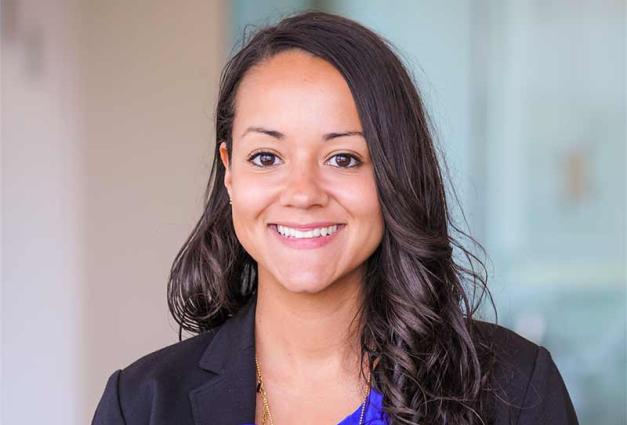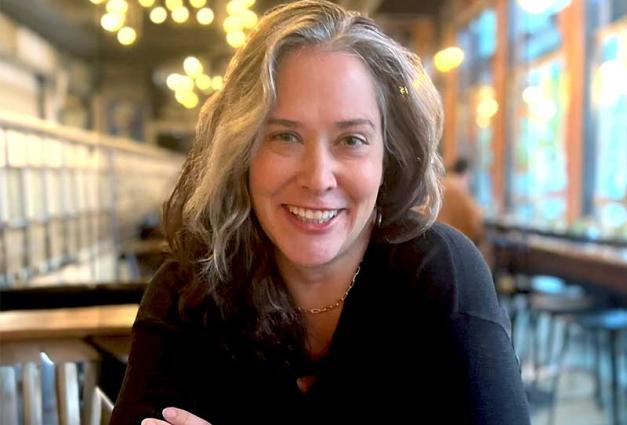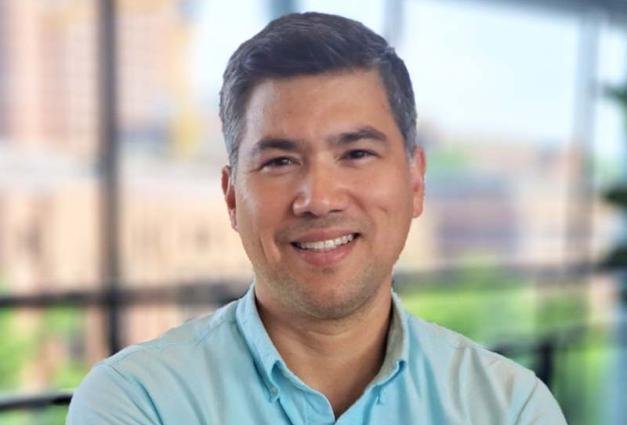Dr. Benet-Martinez is best known for her research examining the interplay of culture and social-personality processes, particularly those pertaining to multicultural identity and experiences. This work has been funded by grants from the U.S., Spain, and the European Commission, and recognized by awards from APA’s divisions 9 and 52. She is an appointed SPSP Fellow, was an Associate Editor for JPSP (2009-2015), and continues to be an Editorial Board Member for several major social-personality psychology journals. Before joining ICREA and UPF in 2010, Dr. Benet-Martinez held faculty positions at UC Riverside and the University of Michigan, and was a funded Postdoctoral Research Fellow at UC Berkeley. She recived her Ph.D. from the University of California at Davis, and has been a member of SPSP since 1997.
Why did you join SPSP?
This association and the disciplines it represents are a key part of my professional identity, and an ongoing source of academic knowledge, and opportunities for professional networking and lasting friendships. Also, SPSP brings together social AND personality psychologists. The fact that SPSP formally institutionalizes this disciplinary intersection is a key strength of the association. I see personality and social psychology perspectives as highly interdependent in that a true understanding of individuals’ intra and inter-personal behavior requires the integration of questions, methods, and theories from the two subareas.
What led you to choose a career in personality and social psychology?
I became fascinated by some classic topics in personality psychology (e.g., personality as an organized system of cognitive, affective, motivational and behavioral tendencies; individual differences in wellbeing; identity structure and dynamics). Still, very early on I understood that these processes always occur and take meaning in a particular socio-cultural context. So, my excellent training in personality psychology at UC Davis and UC Berkeley (under the mentorship of luminaries such as Niels Waller, Bob Emmons, Dean Simonton, Oliver John, and others) was complemented with training in social and cultural psychology, in part through very fruitful collaborations with social-cultural psychologists such as Michael Morris and Ying-Yi Hong.
Briefly summarize your current research, and any future research interests you plan to pursue.
My current work continues to focus on the study of multicultural identity and intercultural experiences. The scientific study of this very timely (and sometimes contested) topic in the social sciences has important implications for our understanding of both basic social-personality processes (e.g., how individuals socialized in different cultures can develop coherent and well integrated self-concepts vs. suffering from identity confusion and reactive identities) and also applied considerations (e.g., performance risks/benefits of multicultural teams, training in intercultural communication and effectiveness, political and civic engagement of cultural minorities). I am very interested in how contextual factors (e.g., habitual social networks, socio-political climate) and personal variables (e.g., personality, values, acculturation attitudes) jointly influence the manner in which individuals react to and integrate having diverse cultural influences. To study this I rely on multiple methods, which include experimental and correlational designs, multiple types of data, such as self-report, behavioral, and (more recently) social network data, and diverse types of samples (convenience, community).
What is your most memorable SPSP Annual Convention experience?
Being a program co-chair with Kathleen Vohs in 2012 was quite an experience, one that allowed us to really know the ins and outs of the association and the conference ... I suspect many members do not realize the huge amount of work and thought that goes into every organizational aspect! Other highlights have been attending some very inspiring and career-influencing symposia and pre-conferences, and also being able to spend time with some dear, old friends/collaborators. One funny moment was when at one of the early conferences (2001 in San Antonio?), I presented my work wearing someone else’s name tag (a senior male in the field), which truly confused some people. This was my solution to the fact that, once I got to San Antonio, in-situ conference registrations were no longer allowed, as a result of unforeseen building capacity problems. Without this borrowed official name tag, I couldn’t even have entered the room!
How has being a member of SPSP helped to advance your career?
As I mentioned earlier, SPSP has given me knowledge and good opportunities for professional networking and collaboration. Being a member of SPSP’s EC has solidified my respect for the association and its mission, and taught me many new things. I have attended every single conference since 1999, and I will attend next year’s one.
Do you have any advice for individuals who wish to pursue a career in personality and social psychology?
Read like mad but don’t get stuck and don’t be afraid to run imperfect studies and play with different methods. Take risks. Study topics with clear important social implications, even if they seem to be outside the traditional boundaries of your specific training area. Work in a sustained and habitual form, vs. on spurs. Have fun and keep a sense of humor. Be grateful. Finally, be careful with not following though your commitments and letting others down. You reap what you sow.
Outside of psychology, how do you spend your free time?
Besides spending time with family and friends, traveling the world and nerding out a bit on film’s modes and history. A day without some urban walking and/or bike riding is a sluggish day.




